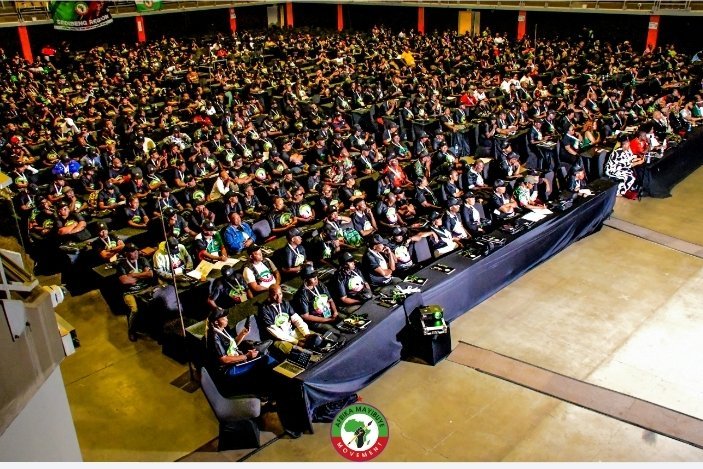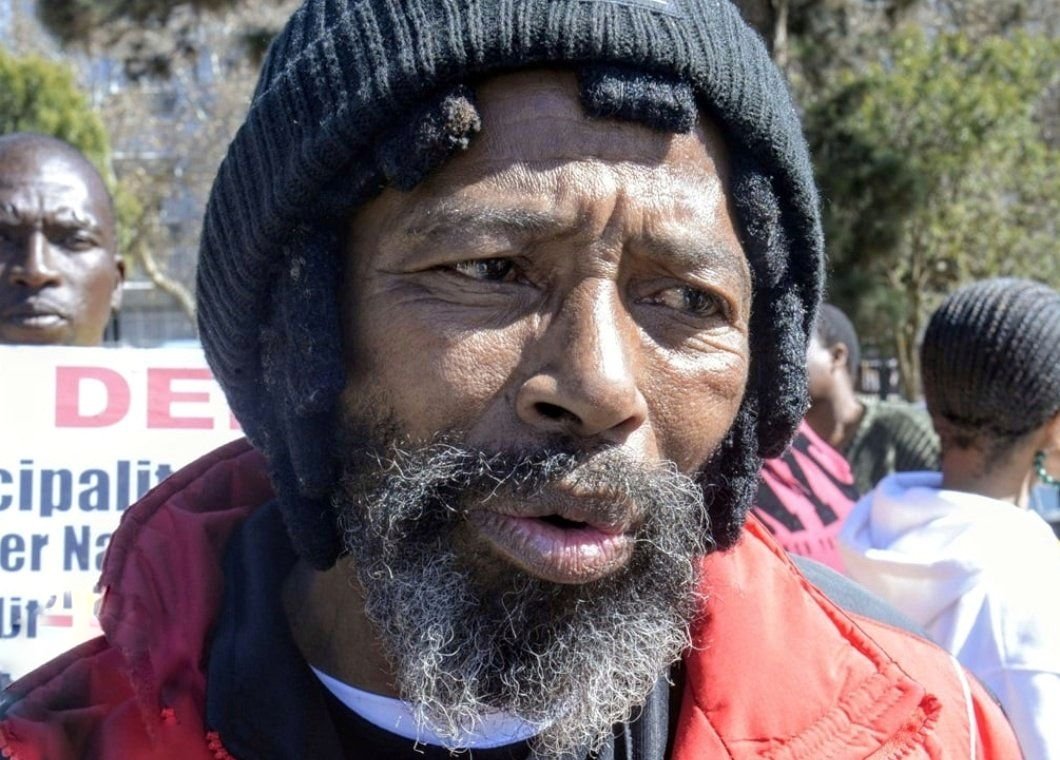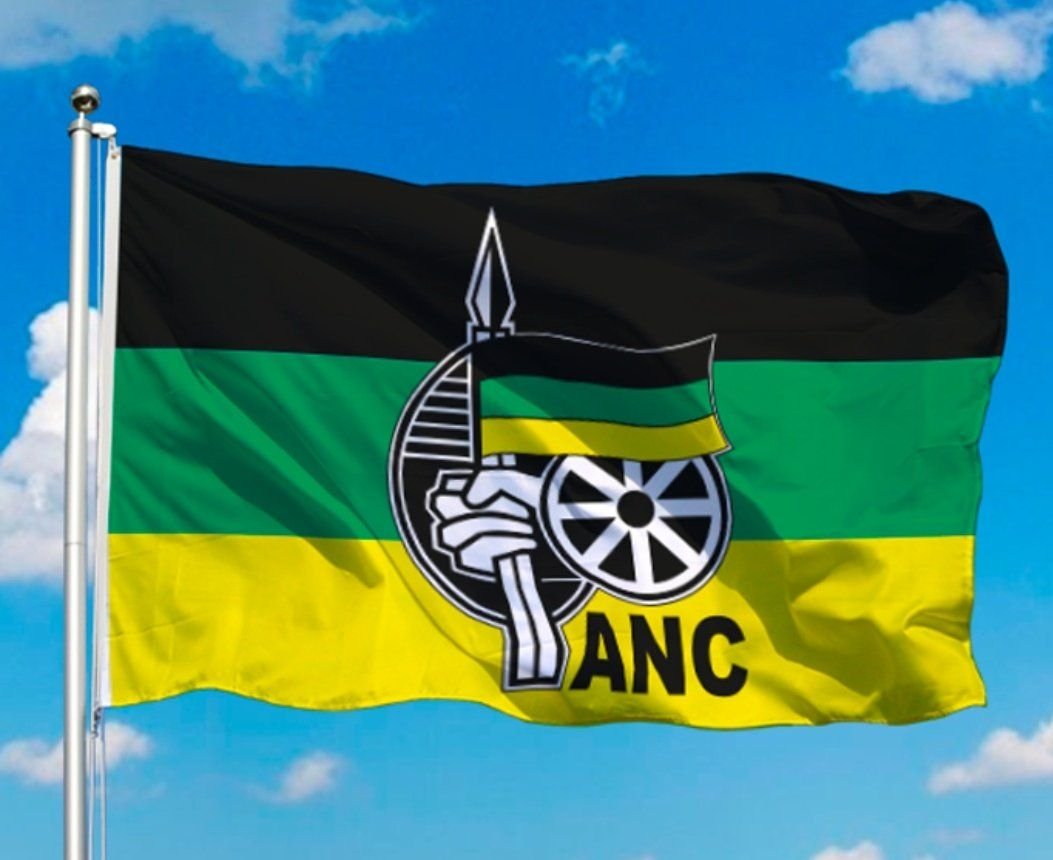Berlin, Germany – German Chancellor Olaf Scholz has submitted a motion to the lower house of parliament for a vote of confidence in his government, paving the way for early elections on February 23.
Government sources told dpa the request was submitted to Bundestag President Bärbel Bas on Wednesday as planned.
It is seen as all but certain that Scholz will lose the confidence vote, which is set for Monday.
That would prompt the chancellor to ask German President Frank-Walter Steinmeier to dissolve the Bundestag and call elections seven months earlier than originally planned.
The move comes just over a month after Scholz’s fractious three-party coalition, which took power after elections in 2021, collapsed in the wake of the chancellor’s decision to sack then-finance minister Christian Lindner of the pro-business liberal Free Democrats (FDP).
Scholz accused Lindner of having broken trust during months of bitter disputes, largely over how to close gaps in the budget.
Lindner’s FDP promptly quit the coalition, leaving Scholz’s centre-left Social Democrats (SPD) and his remaining partner, the Greens, short of a majority in the Bundestag.
Scholz’s SPD has fallen in opinion polls, and conservative opposition leader Friedrich Merz of the centre-right Christian Democrats (CDU) is widely seen as the favourite to replace him as chancellor. Merz’s CDU, and their Bavarian sister party, the Christian Social Union (CSU), have consistently led in polls of German voters.
Over the past month, Scholz’s government has repeatedly appealed to the opposition for support on legislation but has mostly received a cold response.
In the Bundestag on Monday, Scholz will be given the opportunity to explain his reasons for the vote of confidence, followed by roughly 90 minutes of debate among lawmakers.
A roll-call vote on the motion will follow.
The SPD and CDU/CSU bloc have already agreed informally on the February 23 date, although officially Germany’s constitution gives President Steinmeier the sole authority – and some latitude – in selecting a date for the election.
Steinmeier has suggested he will likely follow through on the request for early elections, and has described the February 23 date as realistic.
“Our country needs stable majorities and a government capable of taking action,” Steinmeier said recently.
Scholz and his ministers, as well as the current Bundestag, will all remain in office until newly elected lawmakers convene for the first time following the election.
As coalition negotiations are often protracted, it’s possible that no new government will have been formed by then. In that case, Steinmeier can request Scholz’s government remain in office for the time being – a request they are obliged to accept.
(dpa)




